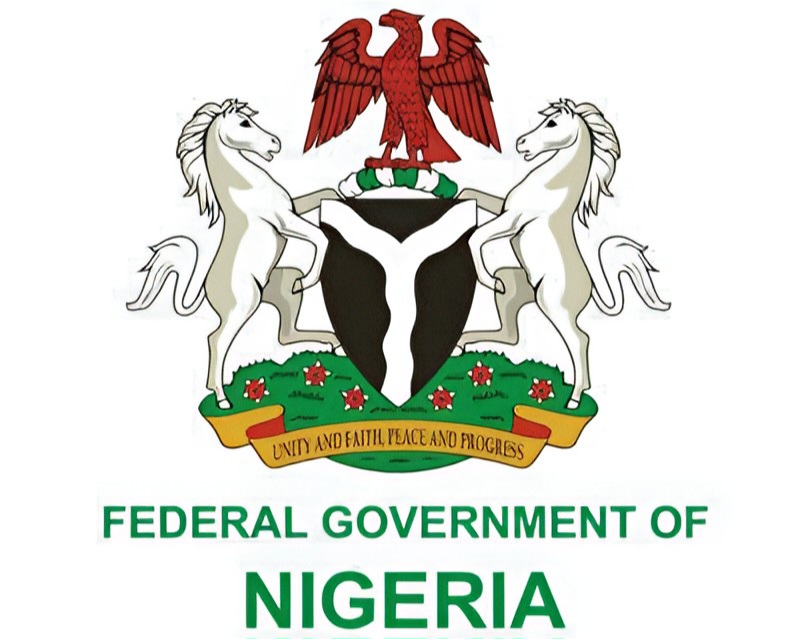The Nigeria Immigration Service (NIS) has rolled out a post-Amnesty window program for overstaying immigrants.
Pan-Atlantic Kompass reports that the program is codenamed Post-Amnesty Voluntary Return and Documentation Programme (PAVRDP).
It was gathered that the post-amnesty window program provides undocumented foreign nationals a grace period to either regularize their status or depart Nigeria voluntarily.
The program kicks off on October 13, 2025, just days after the closure of the government’s five-month Expired Visa Amnesty Initiative on September 30.
That earlier amnesty, which began on May 1, allowed overstayers to update their documents penalty-free via an online portal, aiming to clean up immigration records and curb illegal residency.
However, thousands missed the deadline, prompting this follow-up effort to encourage compliance without immediate deportation, the NIS explained.
This was confirmed in a statement by the Service Public Relations Officer (SPRO), Assistant Comptroller of Immigration (ACI) Akinsola Akinlabi on Friday in Abuja.
“The Post-Amnesty Programme is scheduled to start from 13th October 2025. All affected persons are directed to report themselves immediately to the nearest Immigration Command for registration and documentation,” the statement reads in part.
Under the initiative, foreign nationals are expected to voluntarily report themselves at the nearest Immigration Command for registration and documentation.
The NIS said each individual’s circumstances would be assessed on a case-by-case basis before an appropriate action was determined in line with the provisions of the Immigration Act, 2015, and related regulations.
Upon documentation, each individual will have his or her circumstances assessed on a case-by-case basis before an appropriate action is determined under the provisions of the Immigration Act, 2015, and related Regulations.
The statement reads: “NIS INTRODUCES POST-AMNESTY VOLUNTARY RETURN AND DOCUMENTATION PROGRAMME (PAVRDP) FOR FOREIGN NATIONALS
“Sequel to the expiration of the Expired Visa Initiative (Amnesty) on 30th September, 2025, the Nigeria Immigration Service wishes to inform the general public that it has commenced a Post-Amnesty Voluntary Return and Documentation Programme (PAVRDP) for all foreign nationals who failed to take advantage of the Amnesty period to regularize their stay or exit the country.
“The Post-Amnesty Programme is scheduled to start from 13th October 2025. All affected persons are directed to report themselves immediately to the nearest Immigration Command for registration and documentation.
Upon documentation, each individual will have his or her circumstances assessed on a case-by-case basis before an appropriate action is determined under the provisions of the Immigration Act, 2015, and related Regulations.
“Furthermore, the Service wishes to emphasize that any foreigner who has breached the conditions of his or her visa and fails to report will be arrested, detained, and removed from Nigeria, as provided by the extant immigration laws with long-term entry bans.
“The public may wish to know that aiding and harbouring illegal immigrants is an offense under the Nigerian law. The breach of the conditions of regularization of stay also constitutes an offense.
“Individuals, Companies, and Organizations are therefore strongly advised to stop such acts to avoid being prosecuted.
“The Nigeria Immigration Service remains committed to promoting humane, seamless, and orderly migration, ensuring compliance with extant Immigration Laws and strengthening National Security through effective Migration Management.”





